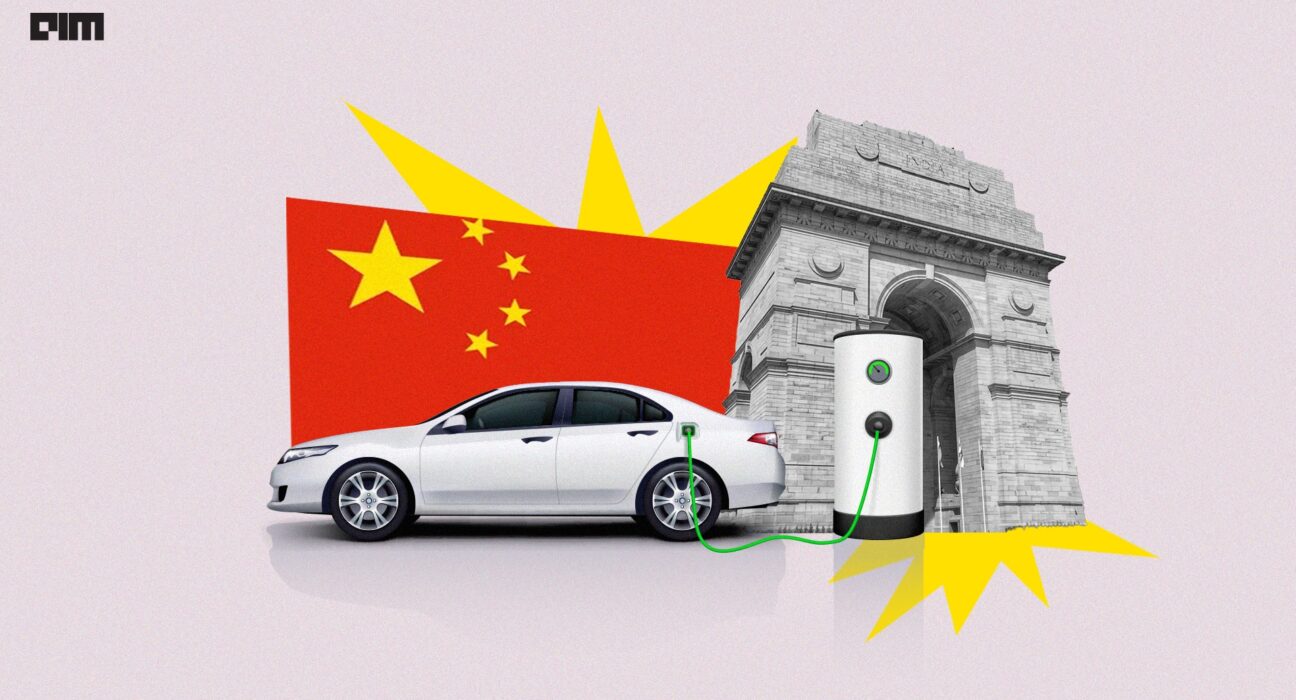Tesla, the renowned electric vehicle manufacturer, is facing uncertainties in expanding its operations to India. The Indian government recently indicated that Tesla is unlikely to start manufacturing electric vehicles in the country anytime soon. This news has sparked discussions and raised questions about the brand’s strategy in one of the world’s largest automotive markets.
The European market has been a significant focus for Tesla, but recent data shows a notable decline in sales. In April, Tesla sold 7,261 units in Europe, reflecting a substantial 49% decrease compared to the same period last year. These numbers are concerning for a company that has been a prominent player in the EV industry.
Despite this setback, there are broader trends shaping the electric vehicle landscape globally. The overall market for battery electric cars in Europe experienced growth of 34.1% year-on-year, indicating increasing consumer interest and demand for eco-friendly transportation options.
One of the key factors influencing Tesla’s performance is its product lineup and competition from other manufacturers. While Tesla remains popular with models like the Model Y SUV, it faces challenges from competitors offering diverse vehicle options at competitive price points. Chinese manufacturers like BYD have made significant strides in the European market, surpassing Tesla in sales volume and prompting analysts to dub it as a “watershed moment” for the industry.
Experts point out that Tesla’s product cycle strategy may need reassessment as the EV market matures. With limited model offerings compared to rivals such as Volkswagen and BYD, Tesla risks losing ground if it does not introduce new mass-market models or update existing ones to meet evolving consumer preferences.
The impact of CEO Elon Musk’s political involvement on Tesla’s brand perception cannot be overlooked. Consumer sentiment can be influenced by corporate leadership actions, as demonstrated by protests at Tesla dealerships following Musk’s political engagement. Such dynamics highlight how external factors can shape public opinion and impact business performance.
As traditional automakers ramp up their electric vehicle efforts and gain traction in key markets like Europe, companies like Tesla face increased pressure to innovate and differentiate themselves. Maintaining customer loyalty amidst changing market dynamics is crucial for long-term success.
In conclusion, while challenges exist for Tesla both internally and externally, opportunities also abound with growing awareness about sustainability and eco-conscious consumer behavior. Adapting to market demands, diversifying product offerings, and navigating geopolitical influences are essential aspects for any global player looking to thrive in today’s competitive automotive landscape.

